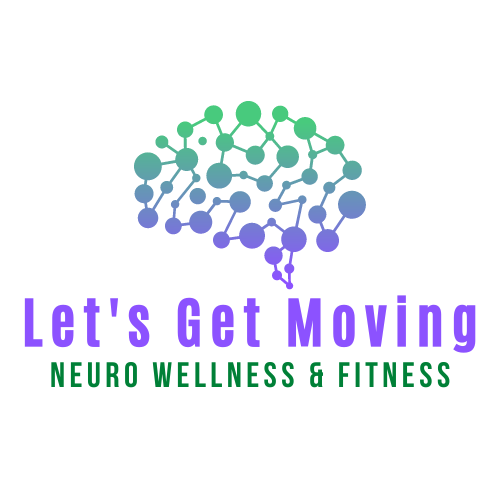Benefits of exercise on brain health
As we get older, the benefits of physical activity grow to culminate in improved brain and body health. Even one session of aerobic exercise has the potential for immediate health benefits with many more seen in those participating in regular physical activity. It’s not uncommon for people to start thinking about their health once they’ve started to see some changes - from a physical or cognitive perspective. And for seniors and older adults, brain health is just as important as body health. If you’re unsure whether getting into an exercise routine is for you or not, consider these factors:
Regular physical activity results in improved brain health, including:
-Decrease risk of dementia or a cognitive decline
-Decreased risk of anxiety or depression
-Improved overall mood and sense of well-being
-Improved memory
-Enhanced thinking, learning, and problem solving skills
While regular activity boasts these benefits, there are also ways to give your brain a workout while you exercise. Consider adding a secondary task into your exercise routine- anything from maintaining a conversation, to counting by 3’s, having a ball toss or anything else that requires your brain to focus on more than one thing at a time. Anything that makes your brain multitask will reap more benefits than if you did one of those exercises alone.
As with most things, the amount and type of exercise makes a difference. All types of exercise have benefits with aerobic exercise likely having the greatest impact on brain health. When able, follow the CDC guidelines and work toward 150 minutes of moderate intensity aerobic exercise per week. For seniors and those with neurologic or chronic conditions, working with a physical therapist or other health professional can help ensure that you get the maximum brain and body benefits from your health, wellness, and fitness plan.
